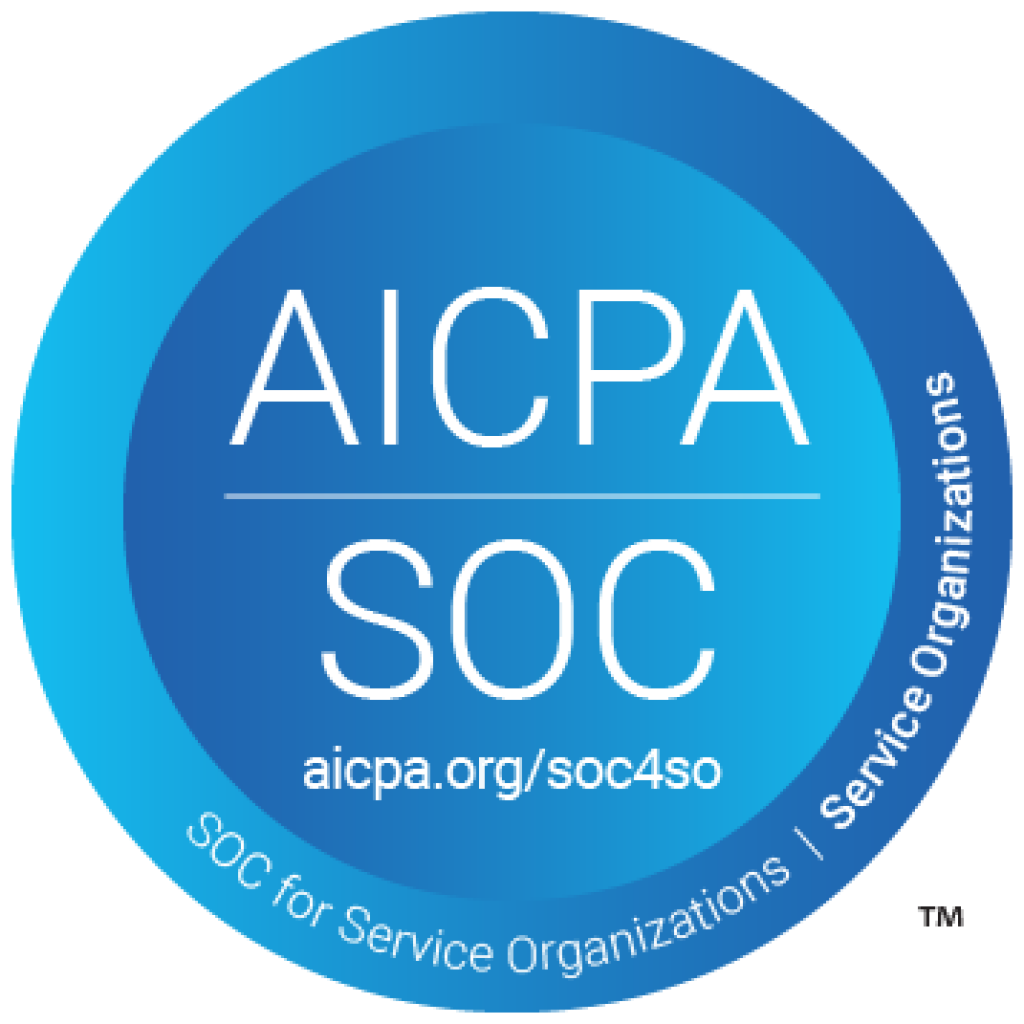The Pros and Cons of Outsourcing Your ROI
By law, healthcare providers must provide private health information (PHI) to authorized parties when a request is received. Frequently, patients or third parties reach out to access these medical records, and you must handle these requests quickly while maintaining HIPAA compliance. Failing to release records or maintain a compliant release process could result in adverse patient experience and costly fines.
Medical facilities that receive a high number of requests are tasked with significant administrative responsibilities to stay current with release of information best practices. It is best to have a good workflow in place to handle these requests while also protecting patient privacy.
The ultimate goal is to save time while meeting patients’ needs.
If you are struggling to keep up with the volume of requests received, you might consider outsourcing your release of information needs.
The Benefits of Outsourcing Release of Information
While some medical offices and hospitals choose to build in-house ROI departments or use their internal staff, there are benefits to managing ROI through an external vendor. Here are a few benefits you can expect by outsourcing:
Decrease Operational Costs: Outsourced solutions are often less expensive than in-house staff. The hiring, training, and managing of an employee to perform ROI is often not recouped from the fees charged. Additional expenses must be factored into the total cost of an employee, including office space, equipment, benefits, and overhead. Even seemingly small administrative costs can add up over time, often resulting in higher costs than outsourced services.
Liability Concerns: Since you are handling sensitive patient information, you must comply with strict regulations for managing health records. Along with meeting HIPAA compliance requirements, many offices struggle with the continually changing federal and state guidelines for medical records. When you outsource your ROI, these compliance requirements and liabilities is now the vendor’s responsibility to meet.
Improve Efficiency: The daily effort in managing a healthcare facility or office can be challenging. When an employee’s responsibilities and hours are extended, it’s common for small details to slip through the cracks. Records requests can be an administrative burden, taking a toll on productivity and efficiency. By outsourcing your ROI, your staff can now focus on other core responsibilities in the office, enabling your team to handle increased workloads while improving their professional growth.
Are There Any Drawbacks to Outsourcing ROI?
The above list of benefits makes a compelling case for hiring an outsourced service for managing ROI. However, before deciding on outsourcing your ROI needs, consider a few potential drawbacks:
Inexperience: The main concern for most organizations is industry expertise and experience. A seasoned vendor will provide you the technological tools and knowledge to improve your ROI. If you prioritize low cost or salesmanship over quality, your organization could suffer from a financial and compliance perspective.
Privacy Concerns: Outsourcing means you are giving another company access to your patients’ records, resulting in potential security issues. Since the outsourcing partner has access to sensitive data, you need to ensure proactive steps are in place to protect these health records. Verify and confirm that the outsourced services include usability features, staff training, and HIPAA compliant security standards. Without these vital components, you could be setting yourself up for HIPAA vulnerabilities in the future.
Quality Varies: Since compliance checks and balances are needed, make sure your vendor has a complete page-by-page verification process to ensure the accuracy of released records. Through this process, you can track and monitor request status and delivery information. Subpar standards in this area could result in inaccurate record delivery and data breaches.
Finding the Right Partner
Whether you choose to use your internal staff or outsource your release of information needs, selecting the right partner will significantly improve your organization. With today’s healthcare organizations looking to save money and improve operations, it is no surprise developing a reliable release of information process has become a high priority. Whatever solution you choose, make sure the decision works best for you and your patients.




